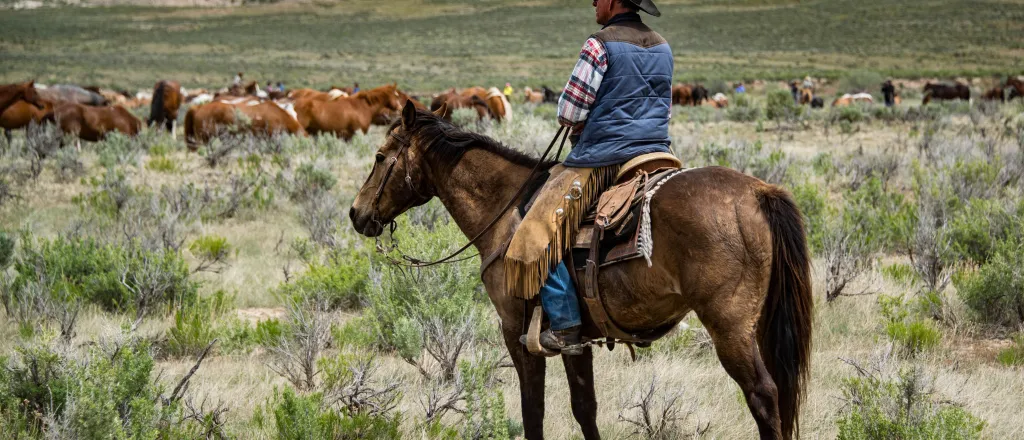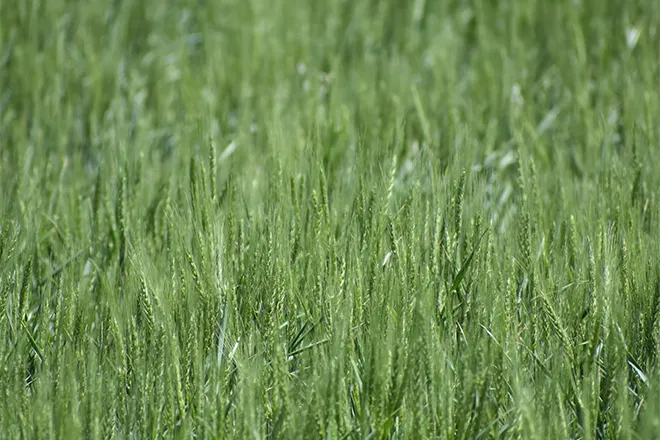
U.S. beef given full access to Japanese markets
Fifteen years after United States beef imports were banned by Japan, an agreement has been reached to restore full access for beef products to Japanese markets.
Japan had banned U.S. beef in December 2003 after an animal in the U.S. tested positive for bovine spongiform encephalopathy. By late 2005, Japan lifted some restrictions, allowing beef from cattle 20 months old or younger to be imported. Restrictions were further eased in 2013, allowing import of beef products from cattle up to 30 months old.
This week, Japan lifted remaining restrictions, which will allow U.S. beef products from cattle of any age to be brought into the country. The move comes four months after Japan’s Food Safety Commission determined there was little risk to health in lifting the age-based restrictions on cattle from the U.S., Canada and Ireland.
BSE, sometimes called “mad cow disease,” is a disease in cattle that can cause weight loss, difficulty walking, and other unusual behaviors. People who eat meat from an affected animal can develop a brain disease known as variant Creutzfeld-Jakob disease, which is fatal.
The United States Department of Agriculture estimates that U.S. beef exports to Japan could increase by as much as $200 million per year now that restrictions have been lifted.
















